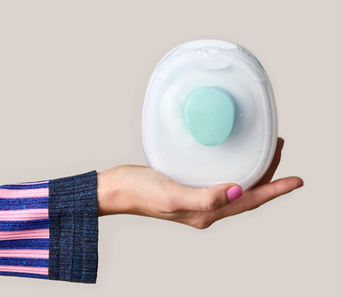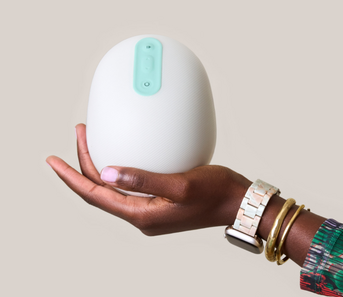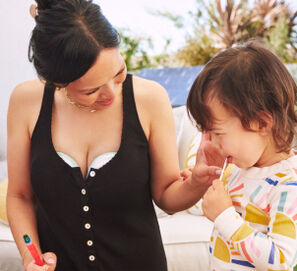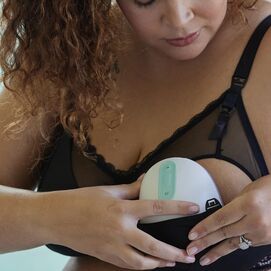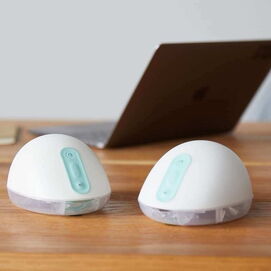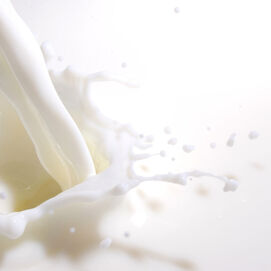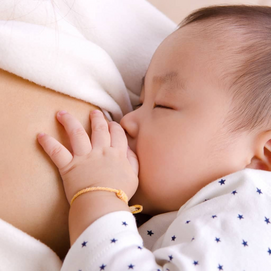Sure, breastfeeding is “natural…” but it’s also totally weird and can come with its own set of challenges—just when you thought that the hardest part (childbirth) was behind you! Most new moms struggle with even the concept of nursing, and it can take time to adjust to everything that goes along with it.
To put it frankly, your boobs serve an entirely different function for the first portion of your life and—boom—in the matter of a day, they become someone else’s food source and survival mechanism. It’s… a thing. And it’s a lot.
While it’s true that your breasts slowly change during the pregnancy period, becoming bigger, rounder, and often darker in color, your body doesn’t start cranking out milk until your baby arrives (although it technically starts the milk-making process during the second trimester). Once your baby is born and the placenta is delivered, the drop in pregnancy hormones sends a signal to your body to begin releasing prolactin, the hormone that initiates the milk-making, explains Hali Shields, a doula and IBCLC providing virtual support to parents through New Kind. “When you express your breasts, either by nursing or pumping, the milk travels down the ducts to the nipple, and when your baby suckles at the breast, the brain sends a signal to release prolactin and oxytocin, allowing milk to be released,” she explains.
Again, the process of breastfeeding is completely natural, but that’s not to say there aren’t some truly weird experiences that will come along with it. Here are some of the weird (but normal) things you can expect to happen while you’re nursing.
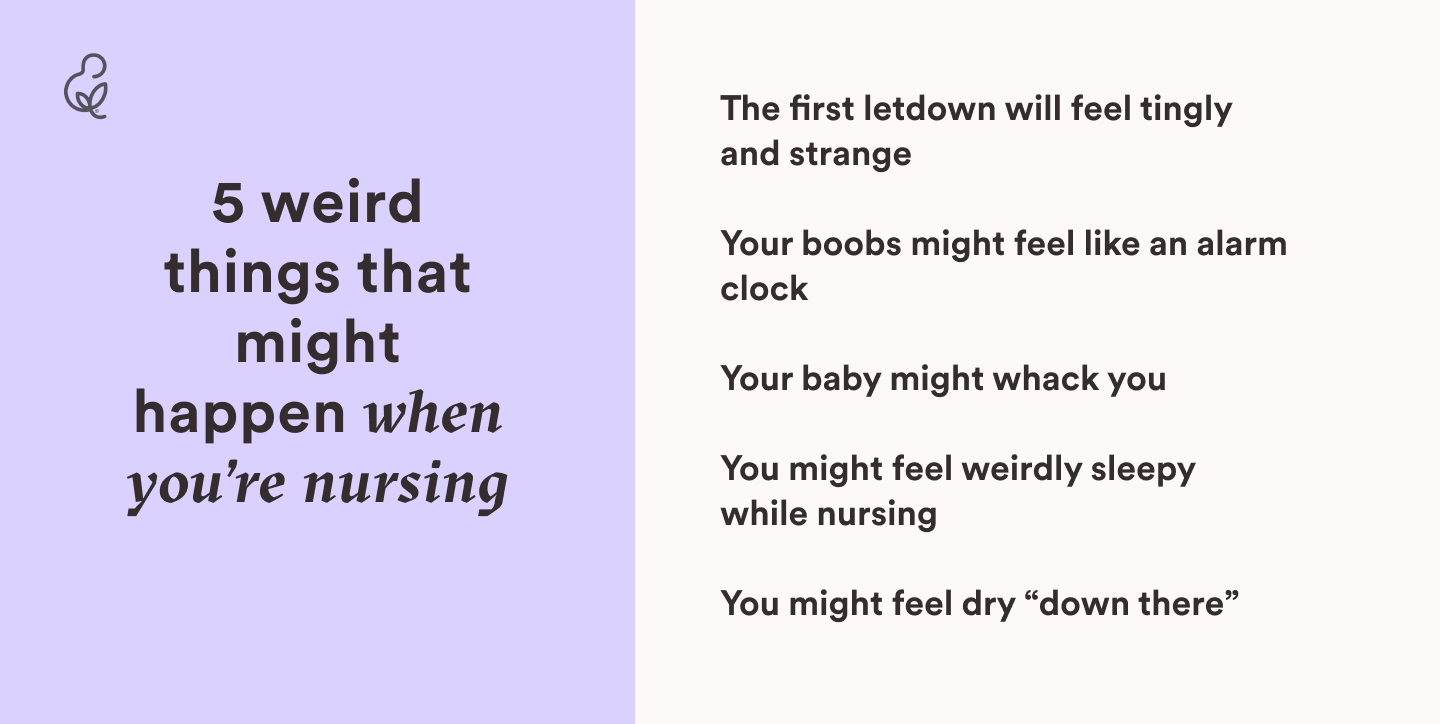
The first letdown will feel tingly and strange
You likely only just learned about the “letdown,” when your breasts actually release the milk out to your baby. The letdown process is different for everyone, according to Shields. “Some people will feel a tingling sensation, while others will get a strong urge to drink lots of water,” she says. “You may have extreme emotions thanks to a new combination of hormones; elation, love, anxiety, irritability, and may even experience night sweats as your hormones regulate after the baby.”
Your boobs might feel like an alarm clock
While you’re probably not getting much sleep these days thanks to a crying, needy newborn… Your breasts might also be keeping you up, even when your little one is off to dreamland! To put it simply: your breasts won’t let you forget that it’s time to feed the baby, explains Shields. “Your breasts will change from ‘hard as a rock’ to squishy throughout the day, and it may feel like your entire life revolves around breastfeeding (and for a while it will!),” she says. “You are on baby time now, but remember this stage only lasts a few months.”
Your baby might whack you
You might picture breastfeeding as a sweet, loving event, and oftentimes it is. But… real talk, some babies can get a little violent during breastfeeding. “Some babies actually hit you when feeding,” explains Mindy Cockeram, childbirth and breastfeeding educator. They might be doing this to get your attention or simply to show their enthusiasm and enjoyment over breastfeeding. Think of it as their way of saying, “Thanks, Mom, that tastes good!”
You might feel weirdly sleepy while nursing
Breastfeeding doesn’t only make your baby sleepy. “Prolactin is the hormone that tells your body to make milk, and it can cause you to feel drowsy,” explains Shields. For this reason, she recommends sitting in an upright position and putting your baby down in a safe sleep space if you feel like falling asleep. “Some people will experience anxious or depressive feelings during the letdown process, but this only affects a small percentage of new parents. But if you feel like something is off, discuss your concerns with an IBCLC,” she adds.
You might feel dry “down there”
Vaginal dryness is not just a menopause thing. In fact, breastfeeding can also cause vaginal dryness thanks to a shift in hormones post-pregnancy, explains Shields. “Estrogen remains low during the breastfeeding journey, which can sometimes create vaginal sensitivities, as well as dryness, burning, soreness, and pain,” she says. “Always encourage new moms to work with a pelvic floor physical therapist and their OB or midwife to help alleviate these postpartum symptoms.”
Jenn Sinrich is an experienced writer, digital and social editor and content strategist in Boston, Massachusetts. She’s written for several publications including SELF,Women’s Health,Martha Stewart Weddings, Reader’s Digest, PureWow, and many more. When she’s not busy writing, editing or reading, she’s traveling, working out and enjoying the simple things in life with her husband Dan, new baby daughter Mila and two feline friends, Janis and Jimi.


